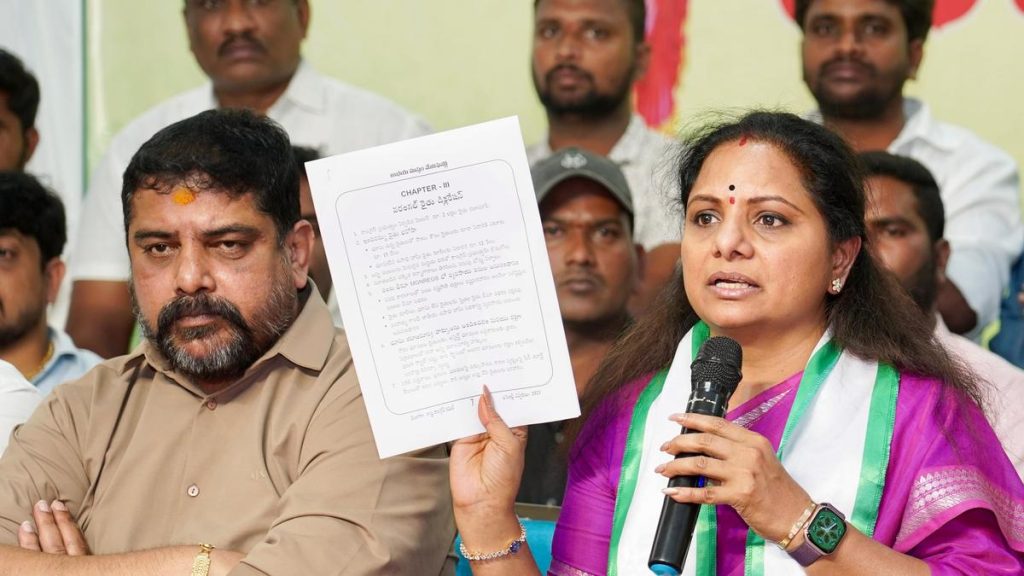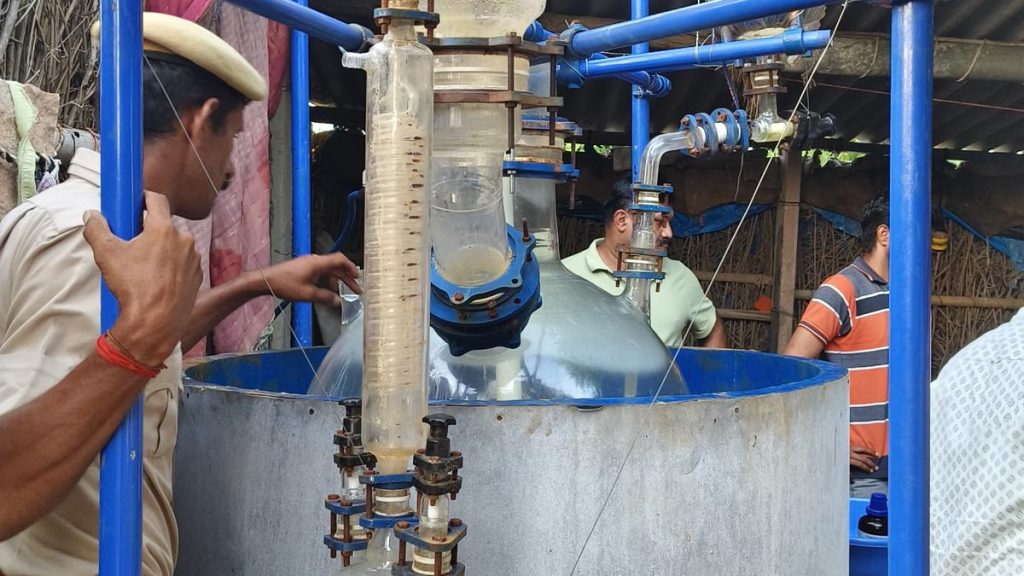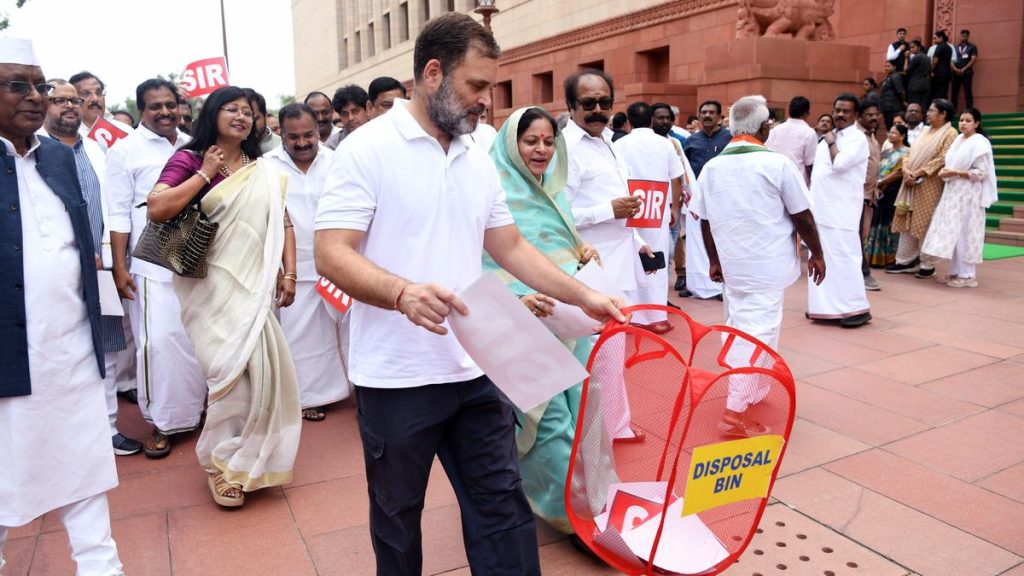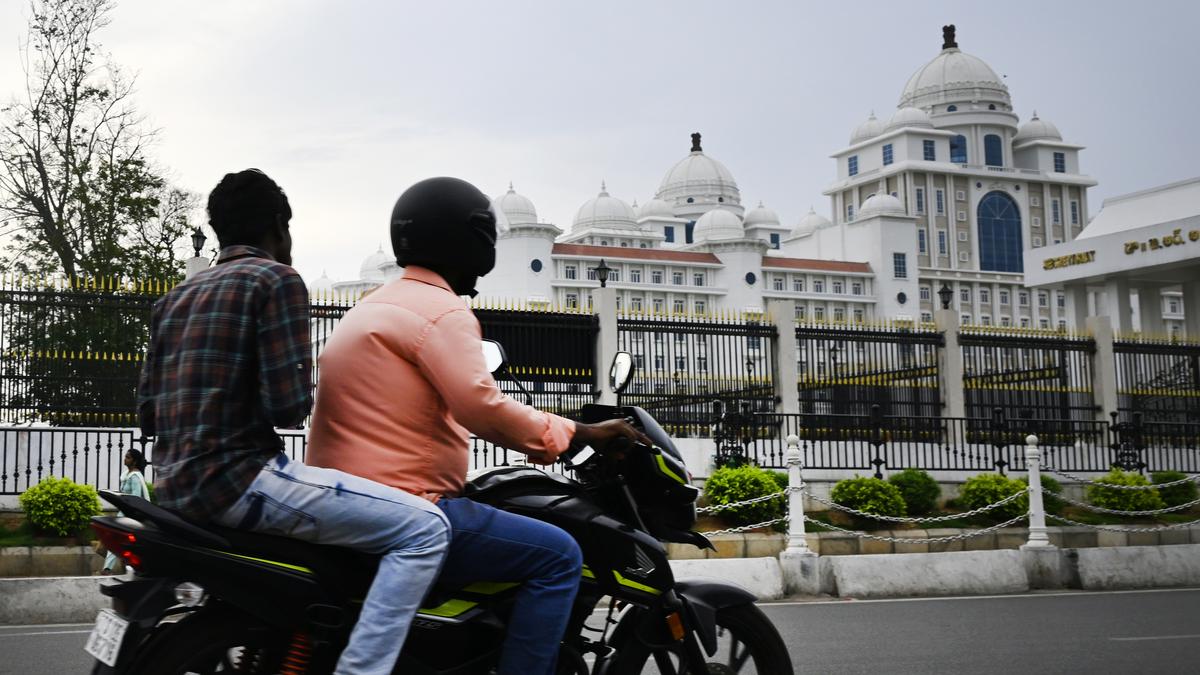Now Reading: Bihar: 66 Lakh Voters at Risk of Missing Draft Electoral Roll
-
01
Bihar: 66 Lakh Voters at Risk of Missing Draft Electoral Roll
Bihar: 66 Lakh Voters at Risk of Missing Draft Electoral Roll
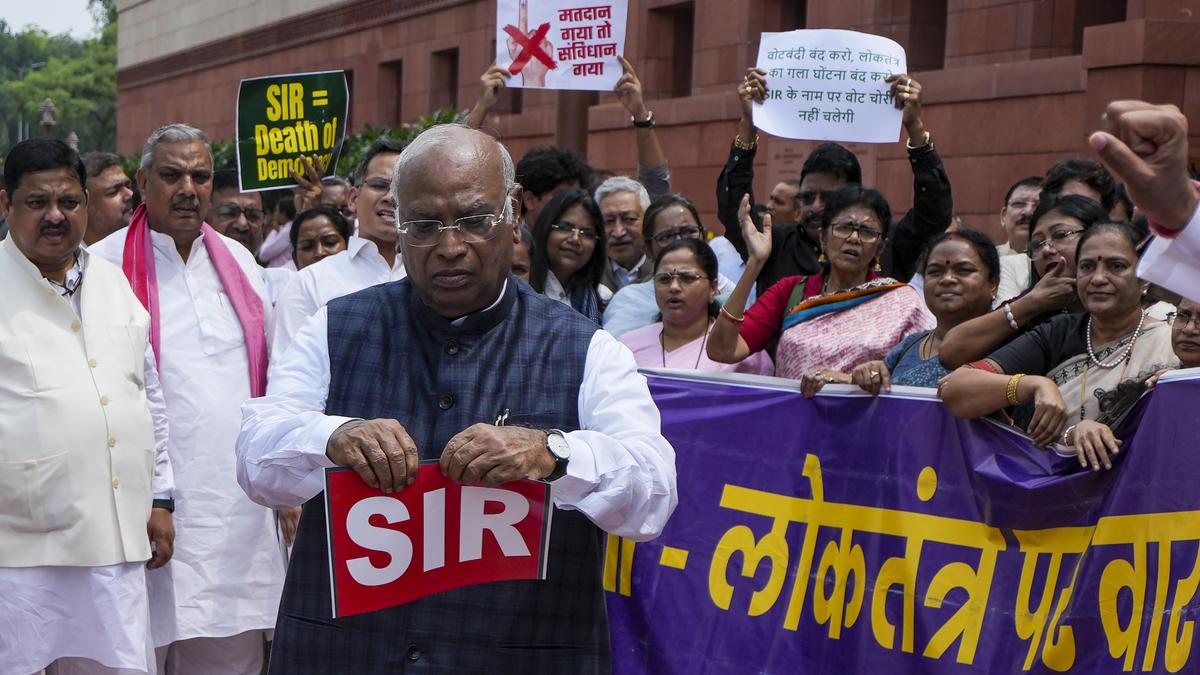
Quick Summary:
- Special Intensive Revision (SIR) of Electoral Rolls in Bihar: Teh Election Commission of India (ECI) announced 66 lakh voters may not appear in the draft electoral roll set for publication on August 1, following the submission deadline for enumeration forms.
- Statistics: Of bihar’s 7.89 crore voters, forms from 7.23 crore electors have been received and digitised; additional data will be processed by August 1.
- Exclusions Reported: Local BLOs identified approx.:
– 22 lakh deceased electors,
– 7 lakh duplicates,
– and about 35 lakh who migrated or could not be traced.
- Objections to voter inclusions/exclusions can be filed between August 1 and September 1 with respective EROs.
- Political Engagement: Lists detailing excluded electors were shared with major political parties on July 20.
- Opposition Concerns: Opposition parties allege SIR is a covert attempt to introduce NRC and have taken legal action, with a supreme Court hearing scheduled for July 28.
indian Opinion Analysis:
the Special Intensive Revision of Electoral Rolls raises critical questions regarding transparency, inclusivity, and its potential broader implications for Indian democracy.The exclusion of approximately eight percent of Bihar’s electorate necessitates careful examination to ensure rightful enfranchisement while safeguarding against inaccuracies like duplication or deceased voters remaining on rolls.
While administrative efficiency is commendable-evident in ample digitisation efforts-the contentious nature of the exercise has sparked fears about political motives tied to alleged parallels with NRC implementation. Public trust in electoral processes hinges on rigorous due diligence as well as clear communication from authorities about the rationale behind such revisions.
Opposition parties’ protests underline apprehensions across ideological spectrums that merit serious institutional engagement rather than polarization-oriented rhetoric. Any precedent set through this revision might influence similar exercises nationwide-a consideration demanding judicial scrutiny when the Supreme Court addresses related concerns shortly.
For additional details, click here.



